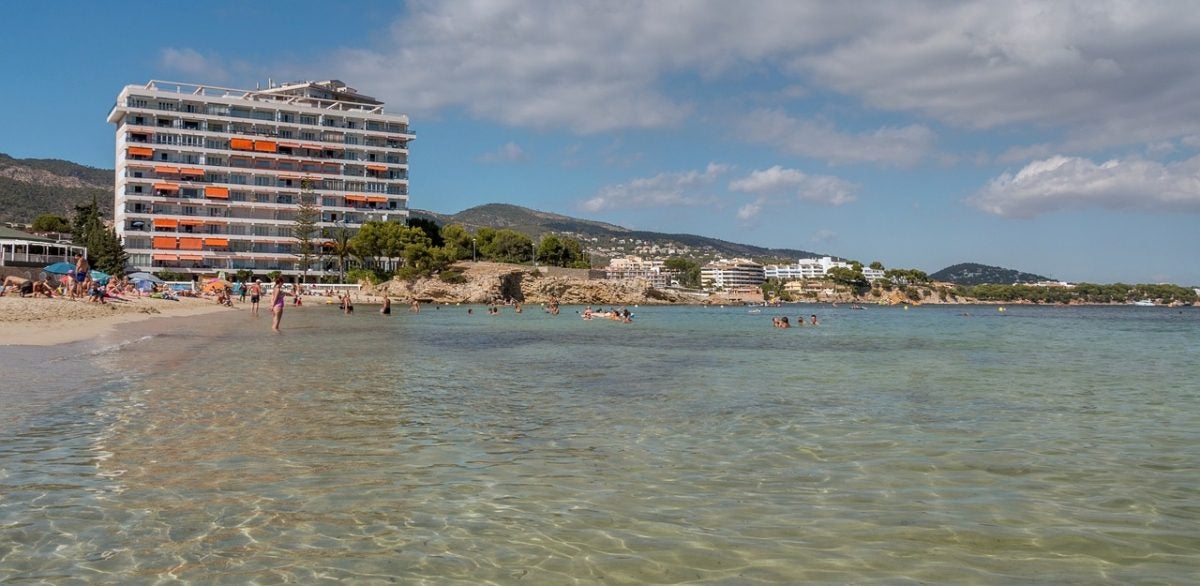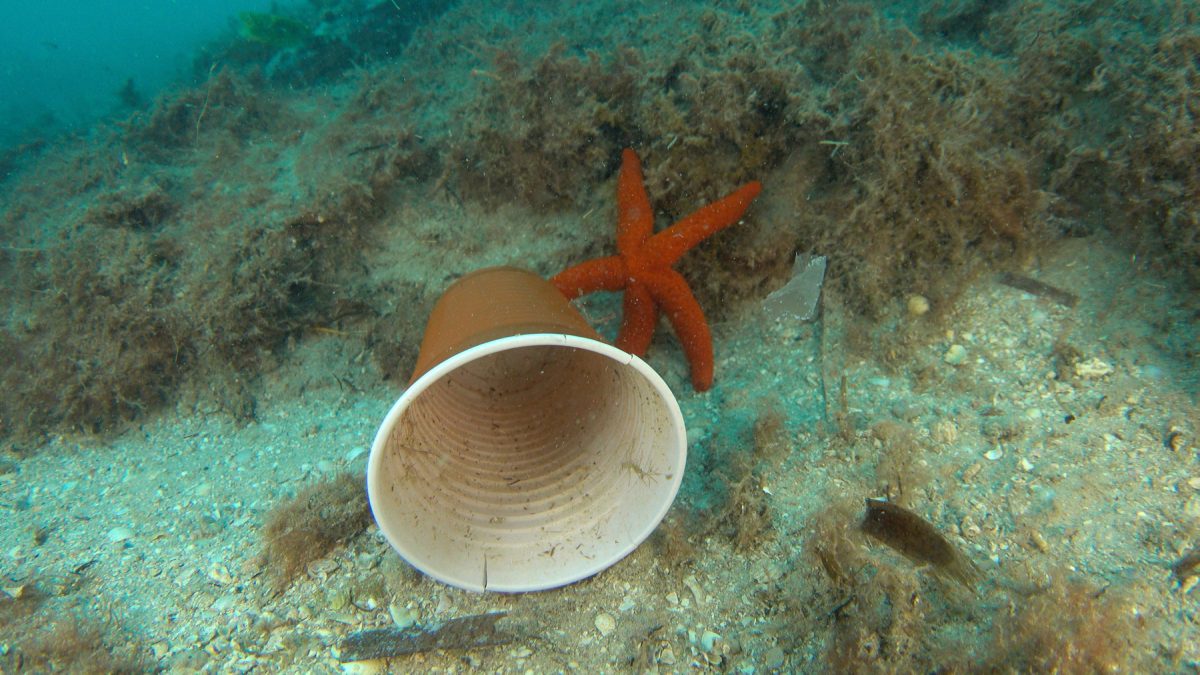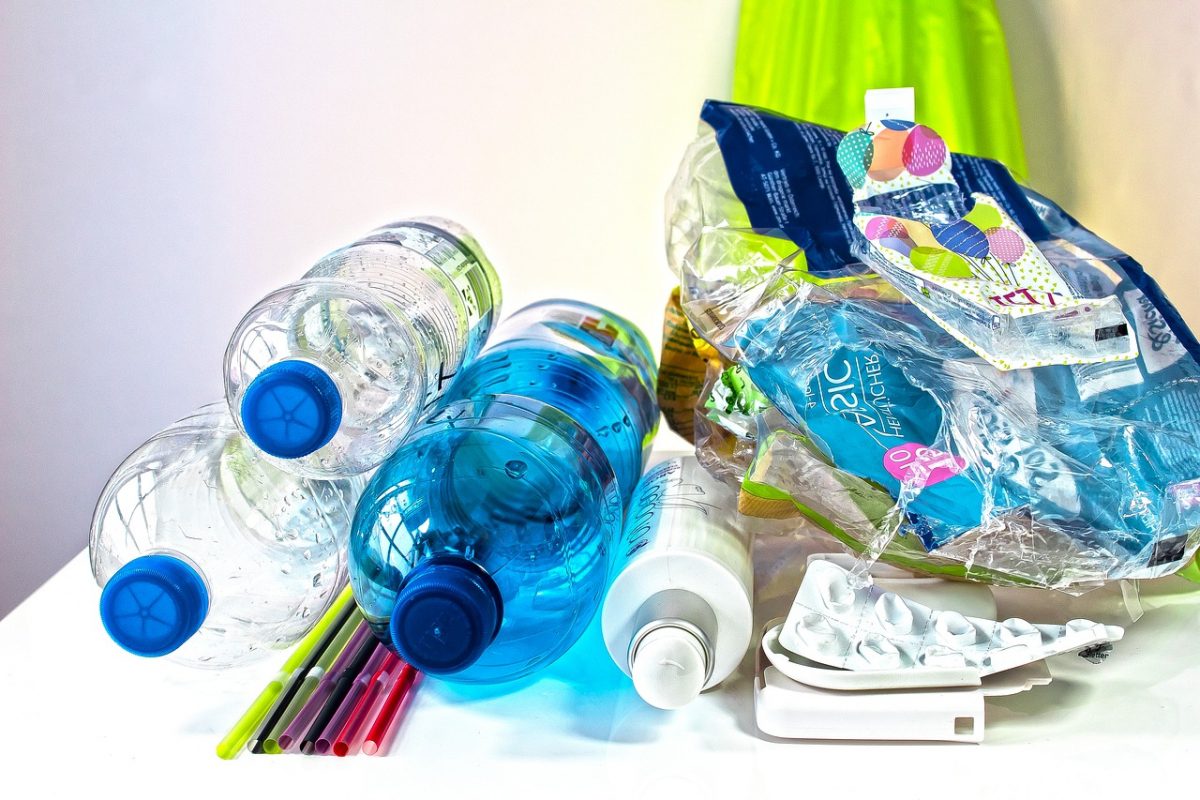July 28, 2021
Plastic free tourism: Is it possible?
BY: Oceana Web
Topics: Plastics
That is what a group of 29 master students from the University of Wageningen looked to answer by conducting a six-week study alongside Oceana on plastics and the hospitality sector in Mallorca, Spain.
The research’s main objective was to understand the feasibility of sustainable tourism on the island and of plastic-free zones (PFZs), or areas where the use of single-use plastics (SUPs) are drastically reduced thanks to reusable options or through the use of more sustainable materials. Why Mallorca? The Balearic Island is a very important hotspot for tourism and appreciated for its nature and crystalline waters.
Carried out in March 2020, single-use plastics were analysed in five different perspectives: study of plastic flows, consumer behaviour, environmental impact, policies, and recovery options. The students used different types of research, from surveys to interviews with tourists, hotels, scientists, NGOs, and local officials.
In Mallorca, hotels generate a large amount of plastic waste (7,720 tons annually). And, although the single-use plastic waste they produce is managed by municipal systems, problems do occur. For instance, large quantities of plastics escape the collection systems and end up in waterways and eventually in the sea. Plastic litter breaks down into microplastics, which account for most of the plastic found in Balearic waters.

Palmanova Beach, Mallorca. Credit: Walkerssk via Pixabay
An impact on the environment and on tourism
92% of all marine waste is plastic. Plastic has a lasting threat on all marine species and the environment as it can take several hundred years to completely decompose. Also, it often releases heavy metals and pesticides. Marine fauna can also accidentally ingest it or end up entangled in plastics, such as beverage rings or plastic bags.
Plastic waste not only affects ecosystems, but has socio-economic effects as well, especially for places like Mallorca whose local economies depend on tourism. Interestingly, a sector that is responsible for a significant amount plastic waste also happens the most directly affected by it; no one wants to swim in plastic-filled waters or sunbath on beaches filled with litter.
As consumers, tourists are looking more and more into eco-tourism and eco-friendly travel options like whether the hotel they are staying has a plastic reduction program, or even better if it is plastic-free. According to a survey conducted throughout the study, respondents aged 18-35 and 56-65 were in favour of single-use alternatives and showed that out of 756 people, the majority (84%) are willing to pay more to get a SUPs-free service, a number that the hospitality simply cannot ignore.
And, although, creating plastic-free zones entails an initial investment for SUPs alternatives, the return on this investment is two-fold: not only is it good for the environment, but businesses save more money in the long run.
Finally, it is essential to make tourists understand the consequences of plastic pollution and the importance of a healthy environment. Making plastic-free options more accessible and providing other incentives, like using reusable containers/cups or implementing deposit-return schemes, are also great options to stimulate tourists to choose environmentally friendly options.

Red starfish (Echinaster sepositus) and plastic cup on the seafloor. Magaluf, Mallorca. Credit: © OCEANA / Enrique Talledo
Single-Use Plastics policy
In line with the 2018/851 European Parliament law, the Balearic Islands legislation completes the basic Spanish State legislation (which is being modified this year to accommodate it to the EU SUP Directive) and is improving the level of environmental protection. The objective of the Balearic law is not specific to SUPs but relates to the hospitality sector by aiming at reusing beverage containers by 2030. Indeed, the goal is to reach reuse of 40% of water bottles, 80% of beer packages and 70% of refreshing drinks packages in the hospitality industry. Still, there are some gaps in the legislation: bottles larger than 200ml, minibar products of hotel rooms as well as hotel welcome products are not included.
The reuse model is the way to reduce SUPs in hotels. The survey showed that many hotels have already introduced reusable cups, plates and cutlery, reduction of individual portions for breakfast, replacement of coffee capsules by the coffee machine, provision of refillable water bottles and access to glasses in the restaurant and elimination of supplies with package goods (buying in bulk or introducing ad hoc policies with suppliers).
A strong awareness communication towards staff and customers to create the right habits is important to sustain the plastic-free change.

Examples of commonly used single-use plastics. Credit: Stux via Pixabay.
A sustainable recovery from COVID-19
The COVID crisis should be taken as an opportunity to make some green changes and not to move backwards. Some SUPs are now necessary for sanitary reasons, but not everything needs to be disposable to be safe.
While both health and safety are crucial to tourists, 90% of respondents are willing to accept non-SUP measures for their accommodation and this means an opportunity for SUPs reduction. It is essential to understand what makes tourists feel safe. By tying SUPs reduction to guest expectations, hotels will both be able to implement more sustainable practices, while also getting tourists on board by communicating the new measures in terms of guest safety.
Learn more about our Plastics Campaign

